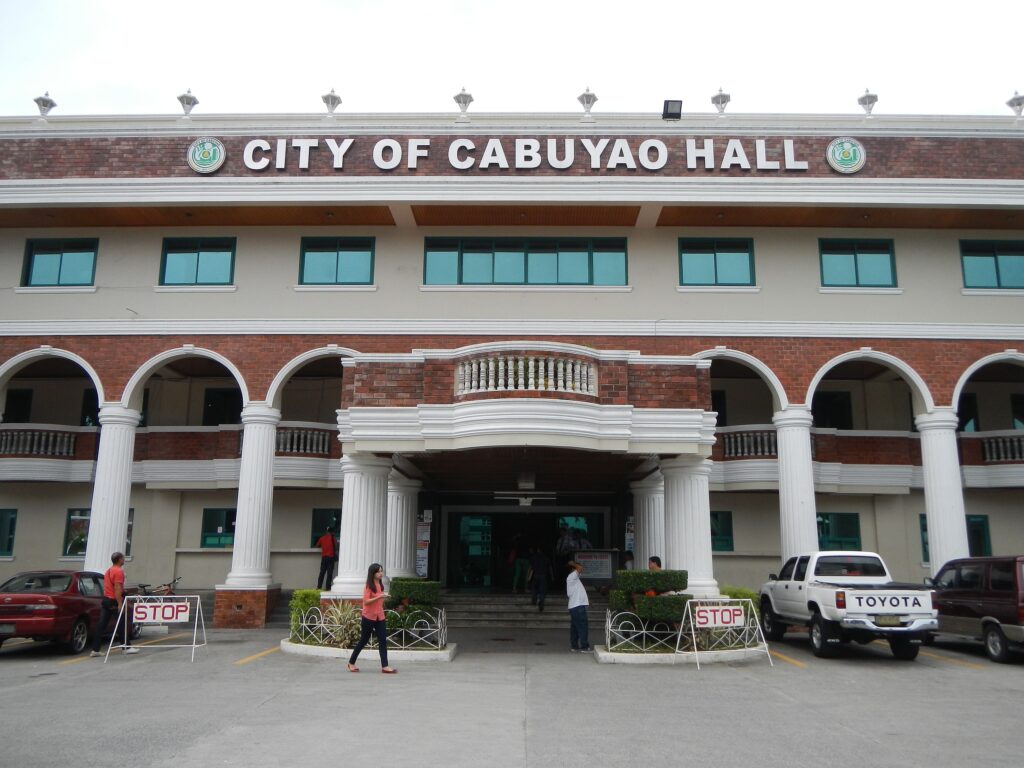
Cabuyao, Laguna: The City of Charm and Industry
Cabuyao, Laguna, is a highly urbanized city in the CALABARZON region of the Philippines. Known for its rapid industrial growth, historical significance, and vibrant culture, Cabuyao is home to many business establishments and historical landmarks. It is often referred to as the “Enterprise City of the Philippines” due to the presence of numerous multinational companies and industrial zones.
Historical Background
Cabuyao has a rich history dating back to pre-colonial times when it was originally known as “Tabuco.” It was one of the early settlements along the shores of Laguna de Bay and was officially established as a town in 1571 under Spanish rule. During the Spanish era, the town played a significant role in trade and agriculture.
One of its historical landmarks is the St. Polycarp Parish Church, one of the oldest churches in Laguna, built in the 16th century. It remains a symbol of the city’s religious heritage and resilience.
Economy and Industrial Growth
Cabuyao is a major economic hub in Laguna and the Philippines. It hosts numerous industrial parks such as:
Light Industry & Science Park
PBCom Industrial Park
Silangan Industrial Park
Nestlé Philippines Factory
Procter & Gamble Philippines
These industrial zones provide employment opportunities and contribute significantly to the city’s economy. Cabuyao is also known as the “Next Wave City” for its emerging business process outsourcing (BPO) industry and commercial expansion.
Tourist Attractions
Despite its industrial reputation, Cabuyao also boasts several historical and cultural attractions:
St. Polycarp Parish Church – A centuries-old church known for its Antipolo-style belfry and Baroque design.
Cabuyao Lakeside Park – A relaxing park along Laguna de Bay, perfect for leisure activities and sunset viewing.
Batingaw Festival – A local celebration that highlights the town’s history and its symbolic church bell, “Batingaw ng Cabuyao.”
Malayan Colleges Laguna (Mapúa Malayan Colleges Laguna) – A premier educational institution known for innovation and technology.
Barangay Marinig’s Bamboo Organ – A rare and historical musical instrument located in a chapel, reflecting the town’s rich artistic culture.
Culture and Festivals
Cabuyao celebrates several annual festivals, the most notable being:
Batingaw Festival (February) – Honoring the legendary church bell of Cabuyao, with street dances, parades, and cultural performances.
Banamos Festival (August) – Showcasing the city’s rich history and economic achievements with trade fairs and cultural exhibits.
Accessibility and Transportation
Cabuyao is strategically located near Metro Manila, making it an accessible destination for businesses and travelers. It is well connected via:
South Luzon Expressway (SLEX) – With major exits leading to the city.
Cabuyao Railway Station – Part of the Philippine National Railways (PNR), providing a commuter train service to Metro Manila.
Public Transport Routes – Buses, jeepneys, and tricycles are widely available for easy mobility within the city.
Conclusion
Cabuyao, Laguna, is a city that seamlessly blends history, culture, and modern industry. As a key player in the Philippine economy, it continues to develop while preserving its cultural heritage. Whether you’re visiting for business, history, or leisure, Cabuyao offers a dynamic and enriching experience.



